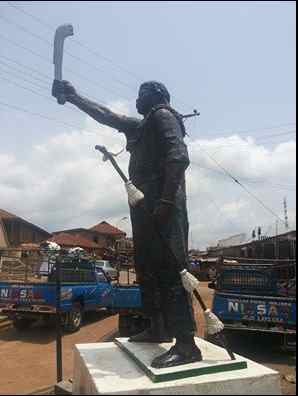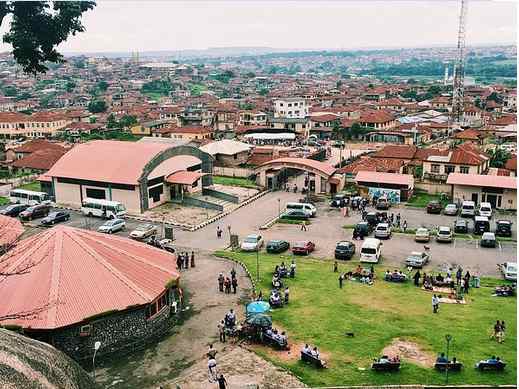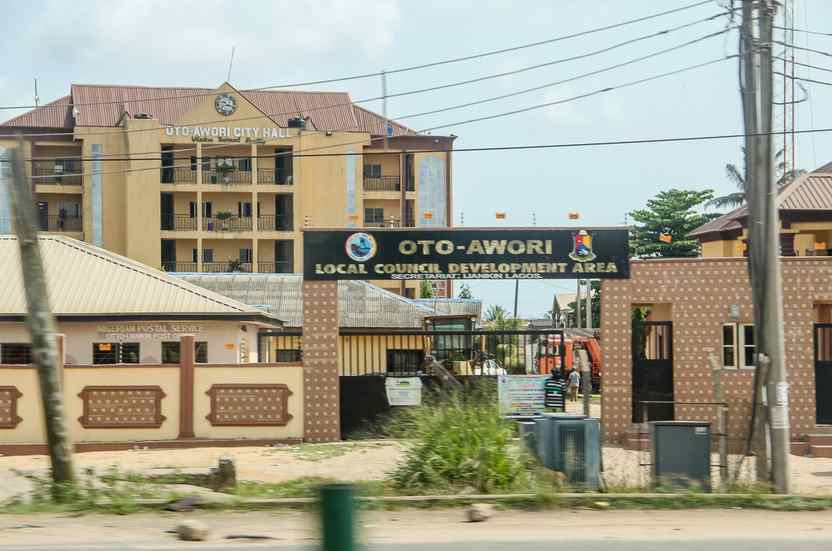
support@yorubalibrary.com
+2348073529208, 07038599574

Ejigbo is a culturally rich Yoruba town located in Osun State, Nigeria. Known for its traditions, community life, and strong ties to the Yoruba diaspora, Ejigbo is both historically significant and forward-looking. It is part of the Ejigbo Local Government Area and has an important place in the history of southwestern Nigeria.
The origin of Ejigbo can be traced to early Yoruba settlers who migrated from Ile-Ife, the cradle of the Yoruba civilization. Oral traditions recount that the town was founded by a descendant of Oduduwa, the progenitor of the Yoruba people. Over the centuries, Ejigbo grew into a thriving community recognized for its agricultural productivity, military prowess during the pre-colonial era, and cultural resilience.
In more recent times, Ejigbo has become particularly famous for its high rate of international migration. A significant portion of its population resides in countries like Côte d’Ivoire, France, and other parts of Europe, maintaining strong links back home. This has given the town a unique blend of local Yoruba traditions and global influences.
The Oriki of Ejigbo captures the pride of its people—celebrating its founding fathers, agricultural wealth, warrior spirit, and global reach.
Location and Geography
Ejigbo is located in the western part of Osun State, sharing boundaries with towns like Iwo, Ede, and Iseyin in Oyo State. Its geographical position makes it a gateway between Osun and Oyo states. The area is rich in farmlands, with a tropical climate favorable for the cultivation of various crops.
Cultural and Historical Significance
Ejigbo is headed by the Ogiyan of Ejigbo, its traditional ruler, who serves as the custodian of culture and community values. Historically, Ejigbo played a role in regional trade and defense, maintaining alliances with neighboring towns while also defending its autonomy. The town is well-known for its festivals, cultural dances, and age-old customs that have been preserved across generations.
People and Occupations
Agriculture remains the backbone of Ejigbo’s economy, with yam, maize, cassava, and vegetables being the most common crops. The town is also famous for palm wine tapping. In addition, trading, craftsmanship, and transportation services are common. Due to migration, many families have members living abroad who contribute financially to the town’s growth.
Unique Features of Ejigbo
• Strong Diaspora Connections –
Many Ejigbo natives live in West Africa and Europe.
• Traditional Leadership –
Led by the Ogiyan of Ejigbo.
• Agricultural Excellence –
Fertile land and productive farmers.
• Rich Cultural Festivals –
Celebrations that attract locals and visitors alike.
Oriki Ilu Ejigbo
Below is the traditional Oriki (praise poetry) of Ejigbo, in Osun State.
Ọmọ kíkan l'èjìgbò,
Ọmọ kíkan ará Èjìgbò,
Èjìgbò moro,
Ọmọ apa ẹran ńlá bàjé,
Ọmọ onírè Ooni
Ọmọ ọkọ Saki,
Ará ọrun
Ọ̀run mowó,
Ọmọ aṣọlékè gbaariye,
Ọmọ ọkọ kò sani léṣe kaparun
Ọmọ ewú kele maja
Irenimogun ọmọ awúlẹ̀ wúwo
Irenimogun taran l'àgbère
Ògún Onírè ọmọ abúlé sowo
Èèyàn ò bímọ nírẹ̀ kó tosi
Èèyàn ò bímo nírẹ̀ kò rahun ọwọ́ nina.
Conclusion
Ejigbo’s story is one of resilience, cultural pride, and global connection.
Need more? Browse through our Oriki Gallery today, at zero cost.

Check out the detailed Oriki of Abeokuta, the capi…

The authentic Oriki of the Awori people, one of th…